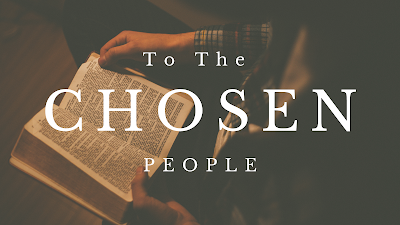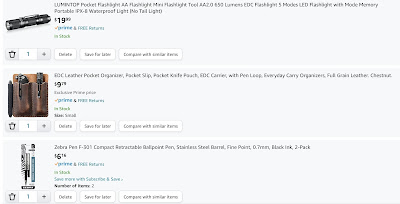Peter wrote, "Blessed be the God and Father of our Lord Jesus Christ," which expressed his profound gratitude and worship for God's character and work. Peter recognized that God's gracious mercy is the source of all spiritual blessings and the foundation of salvation. God's mercy is not based on human merit or worthiness but flows from His infinite love and grace. Through His mercy, God has given us new birth that brings us from death to life and makes us children of God (John 1:12-13).
This new birth is not a result of our own efforts or achievements but is a gift of God's grace that is given to us through the faithfulness of Jesus and our trust in him. Peter emphasized that the resurrection of Jesus from the dead is the ultimate proof and guarantee that this new birth is a reality and that God’s people now have a living hope.
Peter also highlighted the nature and quality of the inheritance that all of God’s people receive through this new birth. The inheritance we have is imperishable, undefiled, and unfading, kept in heaven for us. It is imperishable because it is not subject to decay, corruption, or death. It is eternal, incorruptible, and indestructible. It is undefiled because it is pure, holy, and perfect. It is untainted by sin, evil, or imperfection. It is unfading because it never loses its value, beauty, or glory. It is the perfect gift that God wants His people to have.
This inheritance is not something we earn or deserve but it is a gracious gift God gives to his people. It is not a temporary or earthly possession but an eternal and heavenly treasure. It is not a vague or abstract concept but a concrete and personal reality. It is something that is grander and more wonderful than we can imagine. It is not something we keep but something that keeps us. It is not something we can lose but something that is guarded by God's promise and power.
Peter also reassured the believers that their inheritance is secure and guarded by God's power through faith. The phrase "you are being guarded" implies ongoing and active protection by God's power. The verb tense suggests that this guarding is not a one-time event but a continuous process. God's power is not limited but it is eternal. His power is not arbitrary or random but is directed by His wisdom and love. God’s power is not passive or indifferent but is active and engaged.
This guarding is also through faith, which implies that Christians have a role to play in our spiritual security. Faith is not a passive or static belief but an active and dynamic trust in God's promises and character. Faith is not a blind or irrational leap but a reasonable and informed response to God's revelation. Faith is not a private or isolated experience but a communal and relational reality. Faith is not a temporary or fluctuating emotion but a persistent and persevering conviction.
Peter concluded this passage by reminding the believers that their salvation is not fully revealed yet, but it is ready to be revealed in the last time. This means that our inheritance is not fully realized yet, we have a glimpse of it, but it will be fully revealed when Jesus returns and makes everything right. Until then, believers must live in hope, faith, and obedience, knowing that their ultimate destiny is secure and glorious.
This passage is teaches that our hope and our salvation is all a work of God. It highlights the depth and breadth of God's mercy, the power and significance of Christ's resurrection, and the greatness and certainty of our inheritance.
As Christians, we have been born again into a living hope and an imperishable inheritance. We are guarded by God's power through faith as we wait for our salvation to be fully revealed. We need to live as children of God, shining the light of Christ in a dark world, and eagerly awaiting the day when we will see Him face to face and inherit all that He has promised.
















